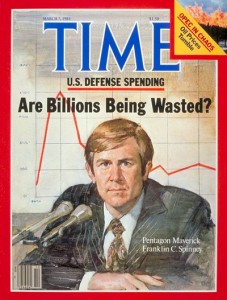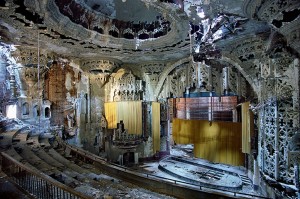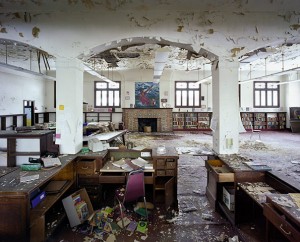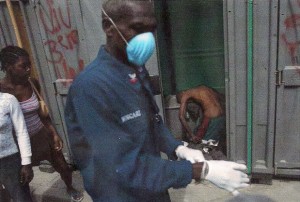
Pulitzer Prize Winner Seymour Hersh And The Men Who Want Him Committed
By Matthew Phelan on February 23, 2011
WhoWhatWhy: Forensic Journalism
It seems unusual for a staid, respected publication (one that has received three National Magazine Awards in just this past decade) to start treating a celebrated journalist (who himself has won two National Magazine Awards in just this past decade) as if he were nothing more than a paranoid crank.
It seems unusual, but it’s exactly what the staff of Foreign Policy has done to Seymour Hersh, following a lecture the venerated reporter gave at Georgetown University’s campus in Doha, Qatar. You may know Hersh as the dogged investigator who exposed the My Lai Massacre during Vietnam. You may know him as the staff writer for The New Yorker who published some of the earliest pieces on Abu Ghraib in May 2004. You might even know him as the man derided and then vindicated for claiming that Dick Cheney was running a secret assassination squad right out of the Vice President’s office. (In truth, the squad was and is a bipartisan affair, initiated under Clinton and still operative under Obama.) Read more….
Phi Beta Iota: Sy Hersh is as honest as it gets. Foreign Policy used to be a reputable, imaginative endeavor. This is now the second time it has been disreputable and ignorant. Inquiry has established that Moises Naim, the extraordinary editor who took Foreign Policy from nothing to being twice as good as Foreign Affairs, has moved to other duties within the Carnegie Endowment, and it is clear to us that with his departure, Foreign Policy has lost its integrity as well as its intelligence.










